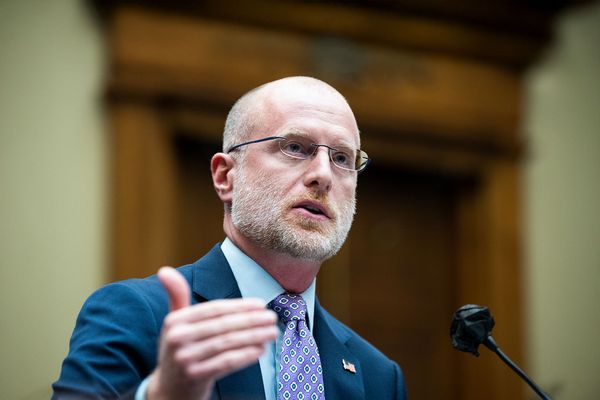
The British government has made mistakes, the new finance minister Jeremy Hunt has said, referring to the cabinet’s controversial tax cut plans which prompted turmoil in financial markets and triggered the abrupt sacking of his predecessor Kwasi Kwarteng.
“There were mistakes. It was a mistake when we’re going to be asking for difficult decisions across the board on tax and spending to cut the rate of tax paid by the very wealthiest,” Hunt told Sky News on Saturday in his first full day as chancellor of the exchequer.
“It was a mistake to fly blind and to do these forecasts without giving people the confidence of the Office of Budget Responsibility saying that the sums add up. The prime minister has recognised that, that’s why I’m here.”
In a separate interview on BBC radio, Hunt also said that he had been sanctioned by Prime Minister Liz Truss to make further changes to the government’s fiscal plans following two major U-turns on her tax-cutting agenda already.
Hunt’s comment comes in an attempt to appease financial markets that have been in turmoil for three weeks. It also comes a day after Truss fired Kwarteng as her chancellor and scrapped parts of their controversial economic package in a desperate bid for political survival, less than 40 days into her premiership.
Kwarteng’s fiscal statement on September 23 prompted a backlash in financial markets that was so ferocious that the Bank of England had to intervene to prevent pension funds from being caught up in the chaos as borrowing costs surged.
In a hurried news conference shortly after dismissing Kwarteng, Truss said the corporation tax rate would increase, abandoning her plan to keep it at current levels, and government spending would rise by less than previously planned.
Big, unfunded tax cuts were a central plank of Truss’s original plans, but Hunt said tax increases were on the cards.
“We will have some very difficult decisions ahead,” he said.
“The thing that people want, the markets want, the country needs now, is stability,” Hunt said. “No chancellor can control the markets. But what I can do is show that we can pay for our tax and spending plans and that is going to need some very difficult decisions on both spending and tax.”
Hunt is due to announce the government’s medium-term budget plans on October 31, a key test of its ability to show investors that it can restore its economic policy credibility.
He said spending would not rise by as much as people would like and all government departments were going to have to find more efficiencies than they were planning. “Some taxes will not be cut as quickly as people want, and some taxes will go up. So it’s going to be difficult,” he said.
Meanwhile, no rest over the week-end for Truss, noted Al Jazeeera’s Andrew Simmons, as she is trying to shore up her flagging support within the party.
“She is actually fighting for her political survival as the numbers are growing as we speak in terms of Conservative MPs, ex-ministers and ministers that feel she has to go. Now could that happen in days, weeks or months? Some are saying as soon as possible,” said Simmons.
“It is very likely that Hunt will go his own way, he seems to have a free leash in the way he is planning to calm the markets so many feel in the conservative party he is the man with the real power now,” Simmons added.







